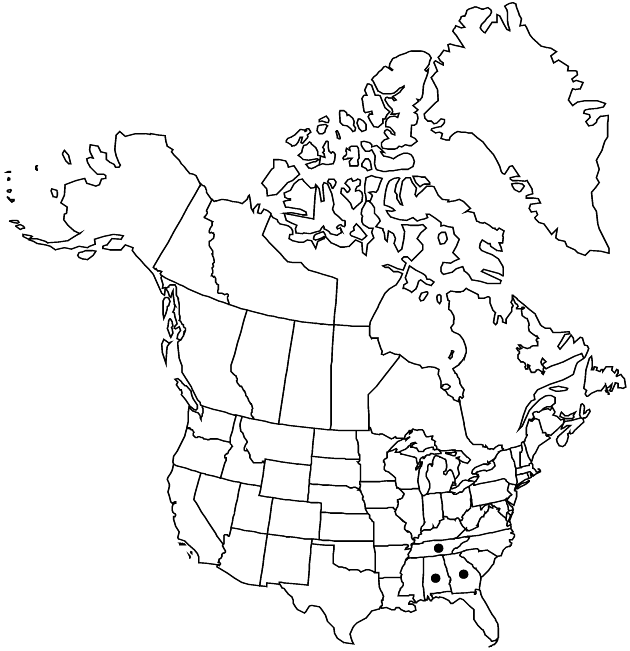Difference between revisions of "Erigeron strigosus var. calcicola"
Castanea 66: 173, fig. 7. 2001.
FNA>Volume Importer |
FNA>Volume Importer |
||
| Line 47: | Line 47: | ||
|publication year=2001 | |publication year=2001 | ||
|special status= | |special status= | ||
| − | |source xml=https://jpend@bitbucket.org/aafc-mbb/fna-data-curation.git/src/ | + | |source xml=https://jpend@bitbucket.org/aafc-mbb/fna-data-curation.git/src/f50eec43f223ca0e34566be0b046453a0960e173/coarse_grained_fna_xml/V19-20-21/V20_795.xml |
|tribe=Asteraceae tribe Astereae | |tribe=Asteraceae tribe Astereae | ||
|genus=Erigeron | |genus=Erigeron | ||
Revision as of 20:30, 16 December 2019
Perennials; often rhizomatous (sometimes not apparent on collections), bearing overwintering leaf tufts at upturned ends. Stems glabrate to sparsely strigose (hairs appressed to ascending, 0.2–0.5 mm), more densely strigose immediately proximal to heads. Leaves: basal blades oblanceolate to narrowly obovate or spatulate, (3.2–)3.8–15(–21) mm wide, margins entire with 1–2 pairs of shallow lobes (margins and midveins ciliate; cauline faces glabrous). Involucres 2–3 mm. Phyllaries glabrous or sparsely strigose (hairs terete, 0.1–0.4 mm).
Phenology: Flowering (Apr–)May–Oct.
Habitat: Limestone glades
Elevation: ca. 100–200 m
Distribution

Ala., Ga., Tenn.
Discussion
Variety calcicola, even when lacking rhizomes and rosettes, can be distinguished from var. strigosus by its essentially glabrous leaf faces. Some plants intermediate between var. calcicola and var. strigosus in leaf width and density of pubescence have been found in roadside glade habitats.
Selected References
None.